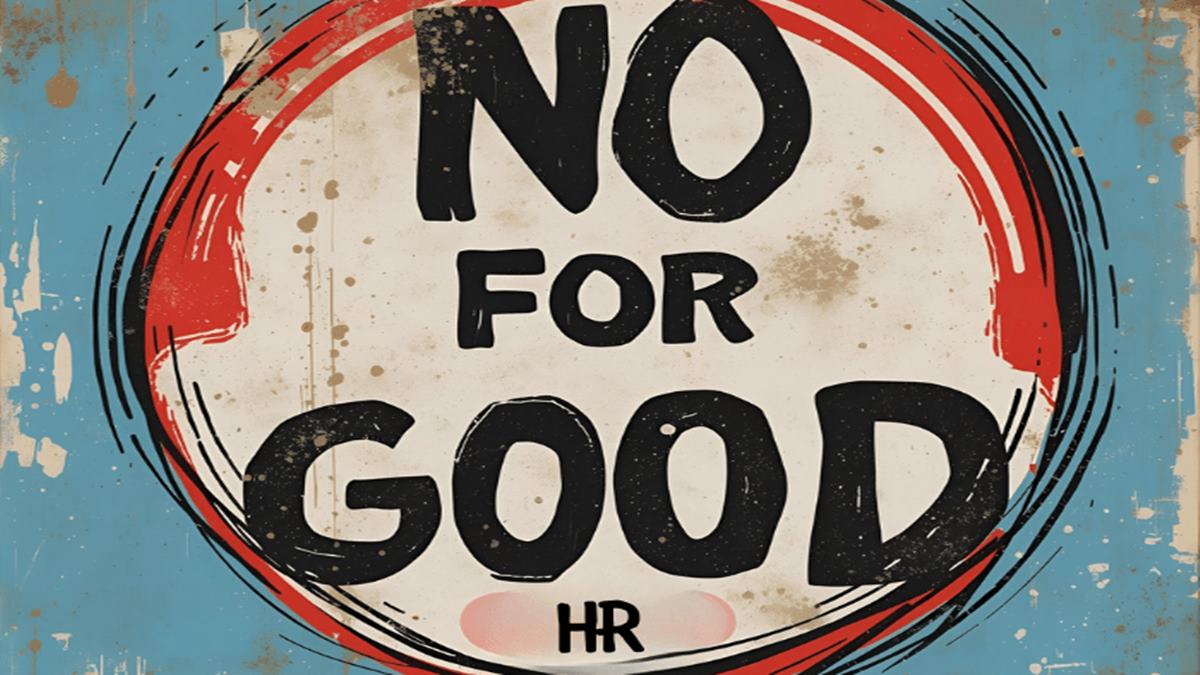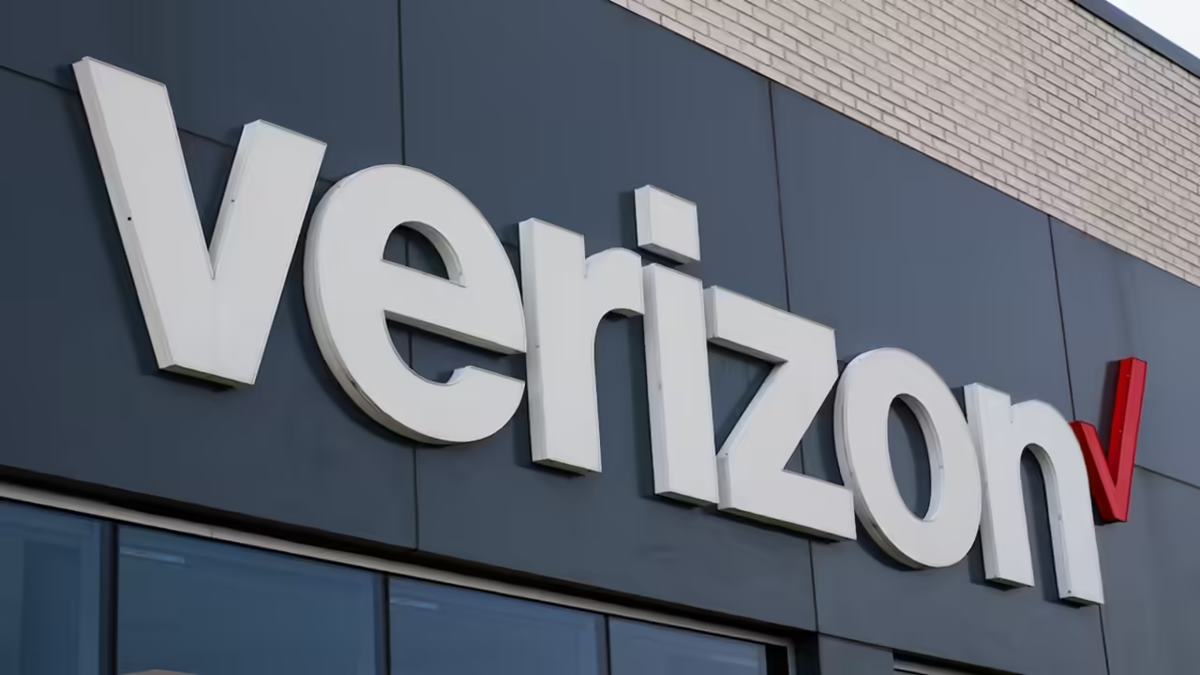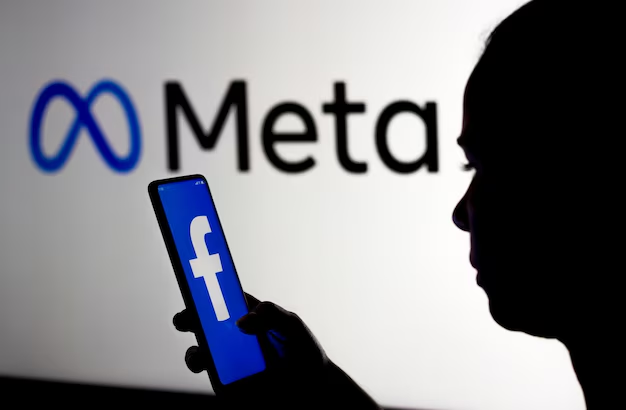Many young college graduates around the world, particularly in India, aim to become software engineers. But they often face an important question: Should they kick off their careers at a big tech company such as Google or Microsoft? Or should they take a chance on a startup like OpenAI?
An OpenAI engineer believes that interning at both a big tech company and a startup will help students get a clearer sense of the career path they want to take.
Janvi Kalra, who is part of the technical staff at OpenAI, said that students should diversify their experiences after college. In an appearance on an episode of the podcast ‘The Pragmatic Engineer’, Kalra said that both tracks have positives and negatives.
Kalra’s comments come at a time when entry-level tech jobs are being directly impacted by AI. SignalFire, a VC firm that analyses job movements across 80 million companies on LinkedIn, reported that major tech companies—including Meta, Microsoft, and Google—recruited fewer recent graduates in 2024 compared to previous years. New graduates accounted for just 7 per cent of new hires in 2024, down 25 per cent from 2023 and over 50 per cent from pre-pandemic levels in 2019. At startups, the rate of new graduate hiring dropped from 30 per cent in 2019 to under 6 per cent in 2024.
Big tech or startups? The upsides of both
After earning a degree in computer science from Dartmouth College, New Hampshire, US, Kalra interned at Microsoft and Google. She then worked at a productivity startup called Coda before joining OpenAI, as per her verified LinkedIn profile.
She said that given the opportunity, gaining experience with both startups and larger firms early on in one’s career would be beneficial.
“Given that Big Tech and startups are such different experiences and you learn so much at each, it would be more educational to do one startup internship and one Big Tech internship to get a very robust overview of what both experiences are like very early,” she said.
According to Kalra, some of the upsides of joining big tech companies include financial benefits, potential prestige, less pressure, more time to work on projects, and learning to build software at scale.
“It’s very different to build something that works, versus build something that works when it’s swarmed with millions of requests from around the world and Redis happens to be down at the same time. Very different skills,” she said.
“There are also practical, good reasons to go to Big Tech. I’d get my green card faster. I’d get paid more on average. And the unfortunate reality, I think, is that the role does hold more weight. People are more excited about hiring an L5 Google engineer versus an L5 from a startup, especially if that startup doesn’t become very successful,” she added.
Kalra also pointed out that there were several reasons to work at a startup, such as the experience of programming software from scratch as well as tackling challenges on your own.
“From a software engineering space, maybe one quarter you’re working on a growth hacking front-end feature, and the next quarter you’re writing Terraform. But even in terms of the non-technical skills, you get an insight into how the business works,” she said.
“Startups also afford you more responsibility, along with a better chance of materially affecting the company with your work. You just get more agency in what you work on. You get the opportunity to propose ideas that you think would be impactful for the business and go execute on it,” she added.




















